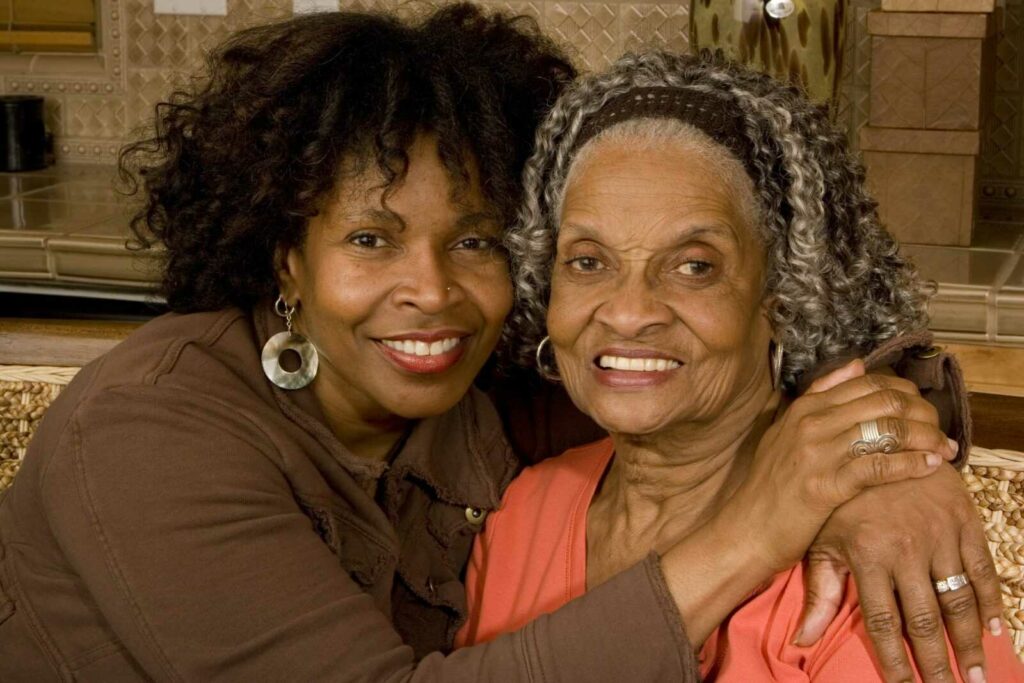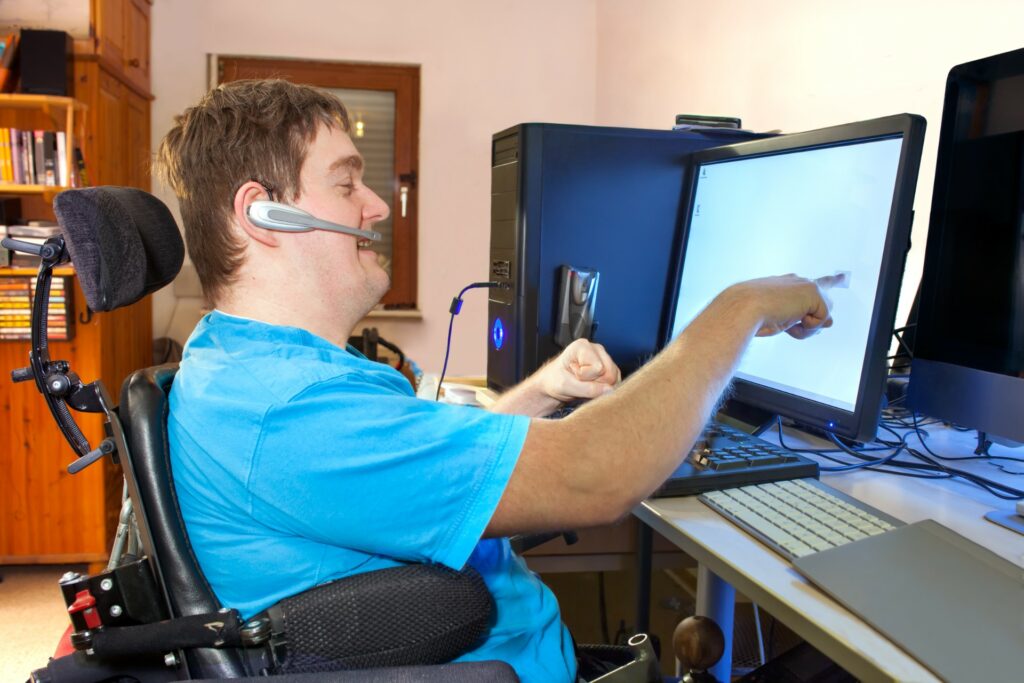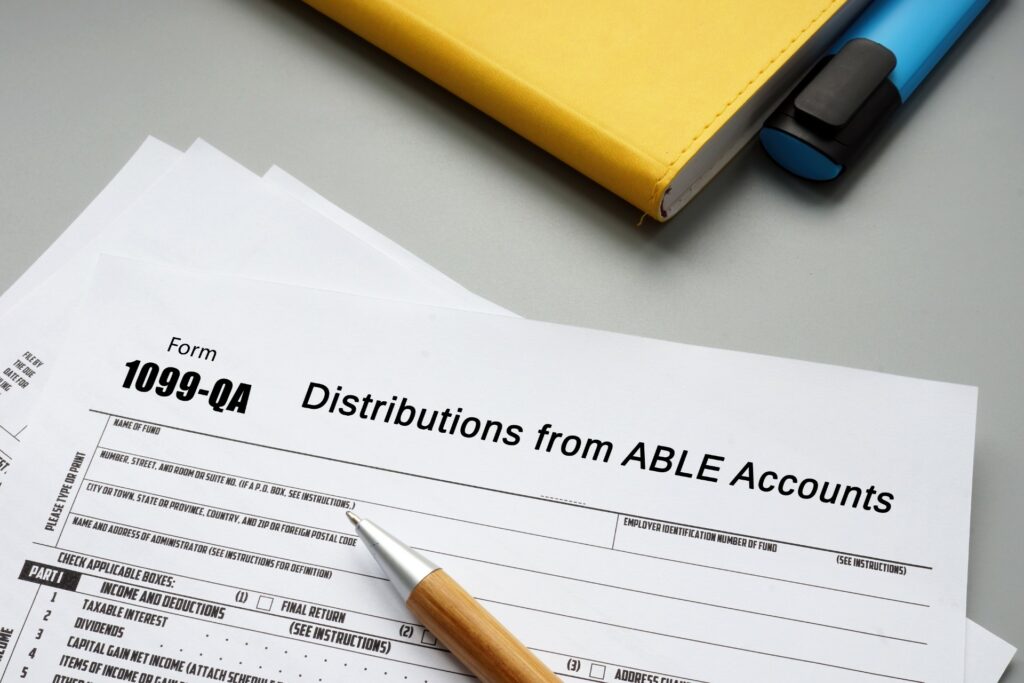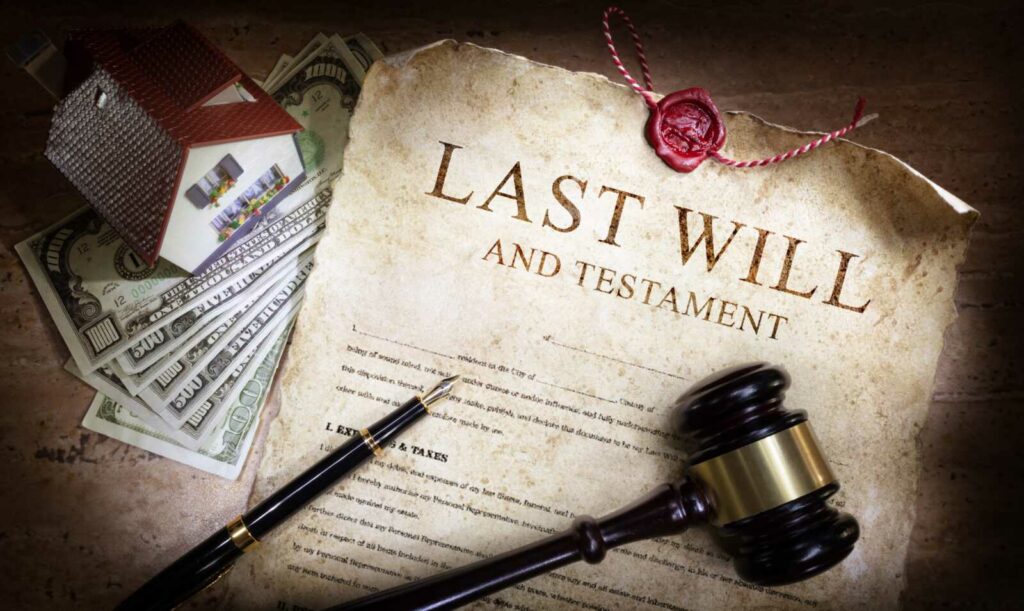
Irrevocable Medicaid Trusts: Navigating the Complexities
Explore the pros and cons of using irrevocable trusts for Medicaid planning—secure assets while navigating complex eligibility rules.
Call us Anytime
Laurel, MD 20707
Downs Law Firm, P.C.
Home • Medicaid

Explore the pros and cons of using irrevocable trusts for Medicaid planning—secure assets while navigating complex eligibility rules.

Learn how to protect assets and become eligible for Medicaid with practical strategies, while avoiding questionable methods.

I have been diagnosed with brain damage and dementia. Word to the younger folks: I woke up last year and suddenly could not spell or write legibly. No warning. No symptoms.

Understanding the differences between Medicaid planning and estate planning is crucial for anyone looking to secure their financial future and ensure that their healthcare needs are met in their later years. While each serves distinct purposes, they are often interconnected, requiring careful coordination to achieve your overall planning objectives. Learn more about how you can protect your assets, ensure access to necessary care and leave a legacy for your loved ones.

There is a popular misperception among many seniors that in order to protect their assets from creditors, including the cost of nursing home care, they should consider gifting their assets to their children.

Data from sources like the U.S. Census Bureau shows in no uncertain terms that the U.S. population has grown older over the prior two decades.

If you have a child or grandchild with disabilities, one of your biggest worries is what will happen when you are no longer around to provide aid.

The idea of Medicaid Asset Protection Trust for the purposes of protecting against long-term care costs is becoming both more sought-after and more necessary.

ABLE accounts are a way for people with disabilities to save and spend money, while protecting their access to public benefits.

A competent elder law or estate attorney can keep the estate process on track, and knows of provisions like family allowances, benefits to prepaying inheritance tax, even where the tax return is not yet complete and a listing of itemized deductions.